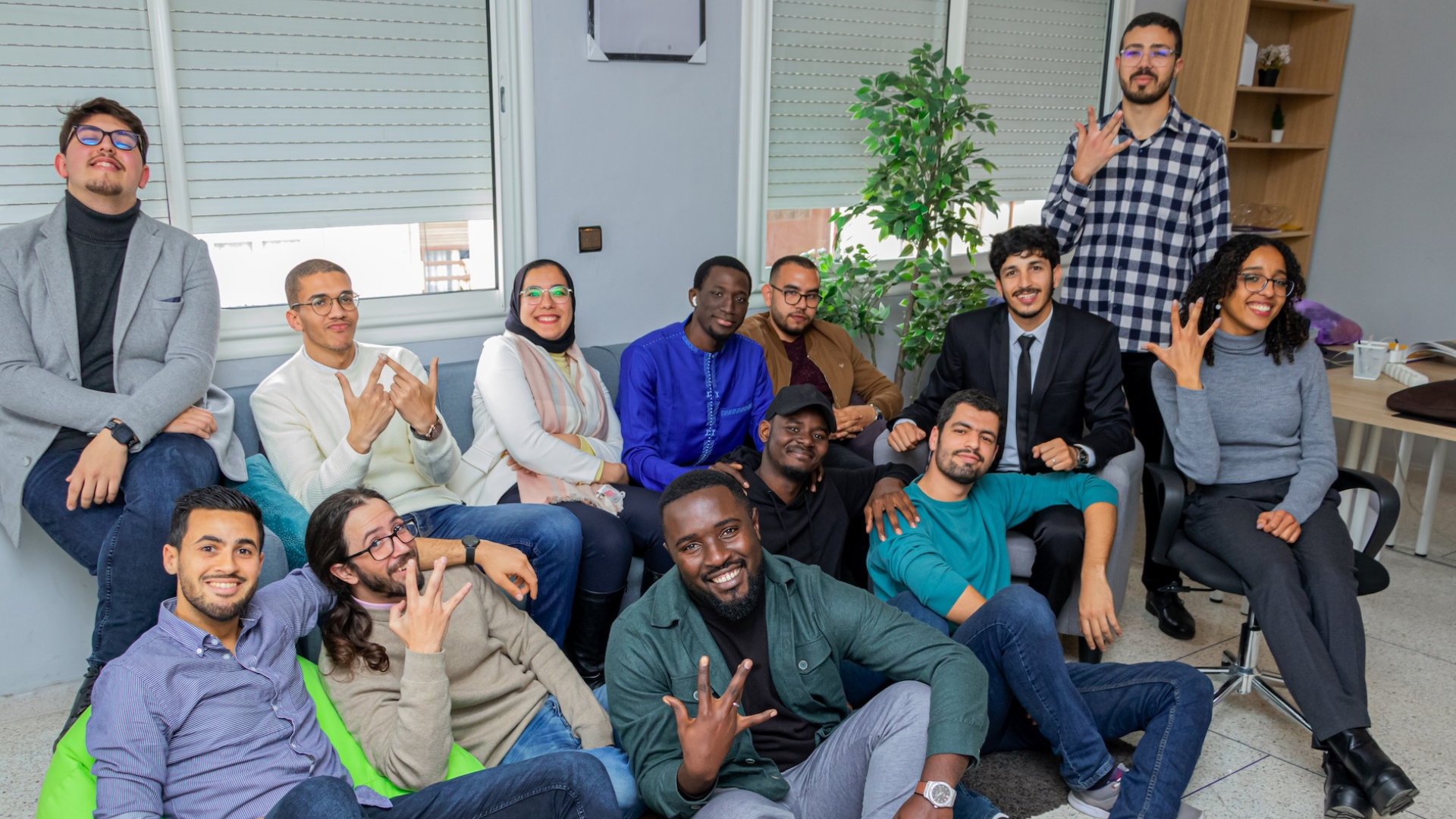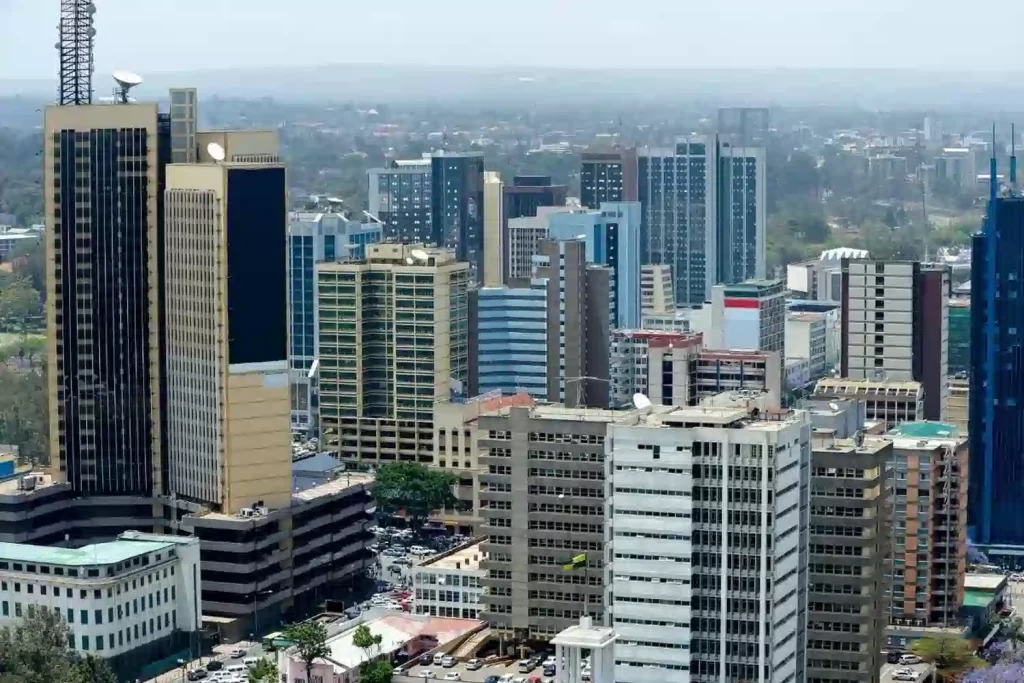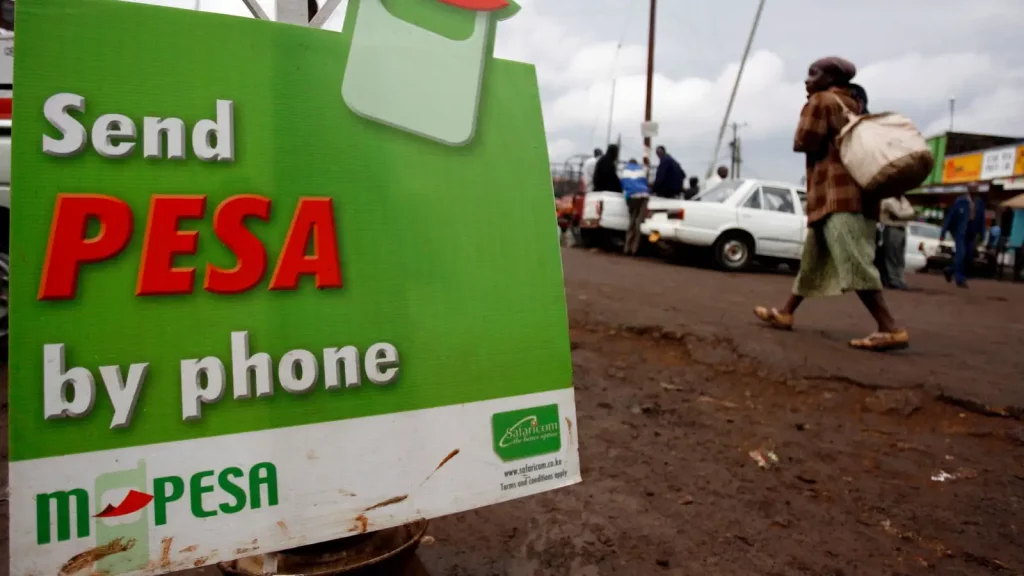Since the initial boom of venture capital funding in Africa in the mid 2010s, ecosystem observers have relied on publications like TechCabal, as well as numerous newsletters published by independent journalists to keep them up to date about various aspects of venture funding on the continent.
The aspects include, among many others, which countries and regions are receiving the most attention from VCs, which sector is most attractive as well as the overall trend of funding on the continent.
To report on venture funding on the continent, publication reporters and newsletter writers rely on various funding trackers for the data they use to capture the state of the ecosystem. Some of the widely referenced trackers include Africa: The Big Deal, Partech, Briter Bridges, Magnitt, and Disrupt Africa.
Additionally, some publications like TechCabal have their own inhouse funding trackers which in this case, is TC Insights. Other publications which have their own inhouse funding trackers include Techpoint, and Benjamin Dada.
The trackers all have different methodologies. Partech, for example, only tracks deals which exceed $200,000, while Africa: The Big Deal only tracks $100,000 or more deals.
Some trackers like Briter Intelligence count mergers and acquisitions as funding events while others like Disrupt Africa do not. Other trackers consider grants, debt and credit facilities as funding events while some do not.
As a result of the different methodologies, the disparity in the data from the trackers is apparent, with some differences being as large as double. For example, according to Briter Bridges and Africa: The Big Deal, Q1 VC funding in Africa stood at $1.3 billion. Disrupt Africa puts the figure at $649 million while Benjamin Dada states it as $759 million. Magnitt settled on $548 million.
According to Tom Jackson, co-founder of Disrupt Africa, methodology is less about superiority and more about consistency and transparency.
“Our years of experience and quality reporting on the space should be enough to convince people of the veracity of our data, and our reliability, but when it comes to “methodology”, I say everyone is free to do as they wish. Just be constant and consistent, which I feel we have been for many years now,” Jackson told TechCabal.
The need for transparency among the trackers is reiterated by Joshua Murima, head of engagement and investor relations at Briter.
“Everyone will always make their own decision when it comes to methodology because they have a justification for that. I think that attempts to consolidate are going to be a longshot. What really matters is transparency on this methodology so that recipients of this investment data are well informed,” he said.
Are some funding trackers more equal than others?
With all these methodologies, how do reporters choose which tracker’s data and insights to incorporate into their reporting? For Emeka Ajene, founder and publisher of the Afridigest newsletter, clarity and transparency of the methodology used by a tracker is also vital.
“For example, a tracker should clearly explain what they consider an ‘African tech startup’. Is it a company domiciled on the continent? Is it a company which is not necessarily domiciled in Africa but serves the African market? Is it a company with a majorly African founding team? Additionally, it should also communicate what they consider a funding event. Are M&A deals a funding even? How do you class disclosed vs undisclosed deals? What is your cut off amount for a funding event and why that amount specifically? I feel like most funding trackers in the ecosystem fail to clearly communicate these aspects.”
For him, Partech’s tracker is the gold standard for funding data on the continent.
“Partech is a very clear gold standard to me when it comes to tracking deals in Africa. And part of that clarity. Part of the reason they’re in the lead is because of clarity. They are very clear on what they do and what they don’t do. And they make very common sense and defensible decisions in terms of what they’re tracking,” he added.
Abraham Augustine, senior reporter at TechCabal, prefers to use Africa: The Big Deal and Briter for the granularity and presentation of their data respectively.
“If I need to dig into the data myself i.e use Excel to filter down, or run my own queries, I use the Big Deal because they deliver their data in an Excel spreadsheet every month. Briter is also helpful to me because of the visualisations that are available from their platform,” he said.
Importance of tracking funding data in the ecosystem
According to Tage Kene-Okafor, reporter at TechCrunch, funding trackers play a significant role in helping ecosystem observers stay abreast with the state of Africa’s tech ecosystem.
“I think tracking funding is important because, for instance, some important ecosystem players like investors look at this data to decide which sectors they can cut checks into. Apart from investors, it also gives audiences a sneak peek into the state of tech in Africa which I believe is important in stoking up interest in the ecosystem,” he said.
On the need for some form of standardisation with regards to the data shared by trackers, Kene-Okafor points to the need for uniformity but also highlights the challenge of achieving such homogeneity in funding data tracking.
“For example, last year, some trackers reported a decline in equity funding while others reported a slight increase. This creates a problem because people who consume that data will get a different perspective of the state of the ecosystem. So to address that, though it won’t be an easy undertaking, I think there should be some level of collaboration between the trackers so that they can have at least some form of standardisation of their data to address the disparities,” he told TechCabal.
Another reporter TechCabal spoke to who would prefer to remain anonymous, stated that standardisation of the methodology behind the funding data is not as important and actually, it’s a good thing that the methodologies are not uniform across the board.
“I don’t think it’s necessary to create a standard where every tracker does the same thing. It’s actually useful that these trackers are not all doing the same thing so that we can observe nuances and caveats, and use them to make better decisions. If we have a situation where they’re all doing the same, then it raises the jeopardy of all of them using the same sources of information,” they added.
Ajene differs slightly on the importance of funding trackers to the growth of the continent’s tech ecosystem. To him, active players in the ecosystem know better than to take the funding trackers’ data at face value.
“I think these numbers are of very limited value at the end of the day. You might see the data referenced in some VC decks to their limited partners and if you’re trying to raise a fund, you might see them in some presentations at conferences. But it’s not like builders on the ground are looking at the numbers and saying, “oh, Africa raised 6 billion last year, that affects my business in this way.” It’s simply not how it works,” he said.
What is more important and relevant, Ajene adds, is sector-specific detailed intelligence.
“A good example is the McKinsey and Endeavour report from last year about Africa’s digital economy. So if you read it, it’s not really just about fundraising. They get into some interesting topics, like the gap between pre-seed, seed raises and Series A, etc. That kind of data introduces ideas, and insights that have a real effect on things like policy formulation,” he added.
For users of the funding trackers like the general public and reporters, Ajene is of the opinion that they should shoulder some responsibility in ensuring that they scrutinise the methodologies instead of just passively taking them at face value.
“We as consumers of the data should act with more responsibility. What I mean by that is, rather than being passive consumers, we have the responsibility to interrogate what’s in front of us. We need to dive deeper and ask ourselves, does this data make sense? At the end of the day, regardless of which tracker you prefer to reference, we’re all trying to build the ecosystem, so it’s necessary to criticise, condemn, and challenge the data.”
From the funding data trackers’ perspective, this data is extremely vital in growing the ecosystem and the presence of multiple players in the ecosystem is a welcome development.
“These numbers are necessary, and until Disrupt Africa started tracking these figures in 2016, nobody else was doing it. Measuring growth and development is critical to getting more investment in, especially in these challenging times. Delighted to have more people join us in tracking the ecosystem’s development, all it does is further confirm that what we have been saying for years now is true. Iron strengthens iron,” said Jackson.
There is a somewhat cliche saying in technology circles which states that “data is the new gold.” As the African ecosystem matures, the role of data is monitoring this maturity is significant, though the answer to whose funding data is worthy of reference is objective and depends on who you ask.
Regardless, it is vital that any and every funding tracker’s data is concise and that its methodology is transparent so that whoever uses the data is well informed of its coverage and limitations.
After all, despite the competition among themselves, the trackers and their users are all trying to achieve one goal: painting as complete a picture of the African tech ecosystem as they can.




















